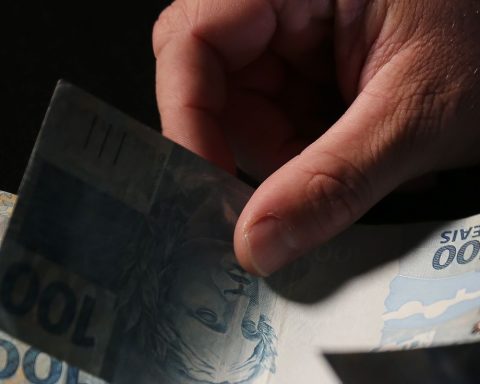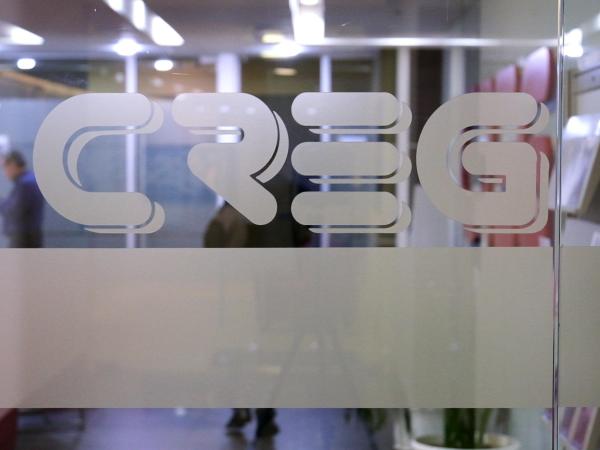Starting August 1, fintechs (financial startups) in the credit sector will have fewer restrictions on their operations. The National Monetary Council (CMN) approved resolutions that authorize Direct Credit Companies (SCD) to issue a new type of financial instrument and Peer-to-Peer Loan Companies (SEP) to lend to intermediaries, instead of lending only to the final borrower.
Both SCDs and SEPs operate as small banks that lend money at lower interest rates than traditional financial institutions through electronic platforms. In SCDs, loans must be granted using the institution’s own resources, without raising funds from third parties. In SEPs, a fintech mediates the relationship between the credit seeker and the investor who offers their capital for a loan, and may charge a fee for the service.
In the case of SCDs, the Monetary Council authorized them to issue Bank Credit Note Certificates (CCCB). Backed by Bank Credit Notes (CCB), CCCBs can group together several notes, fractions of them or an entire note. By issuing certificates linked to the notes, fintechs will be able to keep the CCBs in cash, without selling them to other institutions.
According to the Brazilian Digital Credit Association (ABCD), the change allows SCDs, which lend to companies, to have access to programs such as the National Support Program for Micro and Small Businesses (Pronampe), which helps micro and small businesses. These companies will also be able to have access to the Investment Guarantee Fund (FGI), which covers possible defaults.
Regarding SEP, the CMN authorized that resources may be lent to intermediaries, instead of being disbursed only to the final borrower. According to the ABCD, the procedure expands the business model of these companies. A SEP, for example, may lend the money to a supplier, who passes the product on to the final consumer, instead of lending only to the final borrower, who would buy the goods from the supplier.
In a statement, the Central Bank reported that the change should reduce costs for SEPs and benefit the business chains of small and medium-sized companies. This is because these companies will now lend to different types of creditors.
Commemorative coin
At the meeting on Tuesday (23), the CMN also approved the launch of a commemorative coin for the 30th anniversary of the real. According to the BC, the coin, worth R$1, will have “normal currency in the economy”, indicating that it will circulate normally.
The Central Bank did not provide details about the coin. It only said that more information, such as the design of the front and back, will be released in August.
The CMN resolutions were published this Wednesday (24). Formed by the Ministers of Finance, Fernando Haddad; Planning, Simone Tebet; and the President of the Central Bank, Roberto Campos Neto, the CMN held the monthly meeting on Tuesday (23) night, but the votes were only released this Wednesday.

















